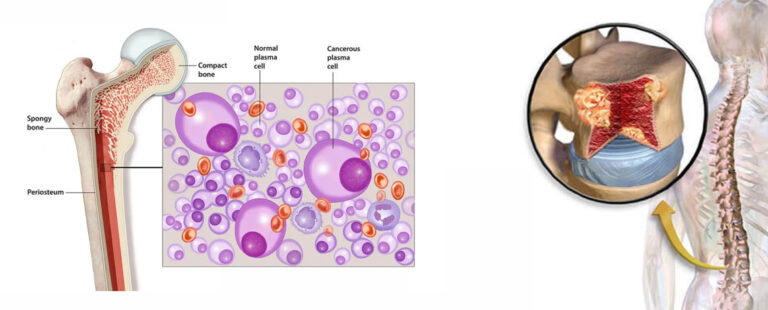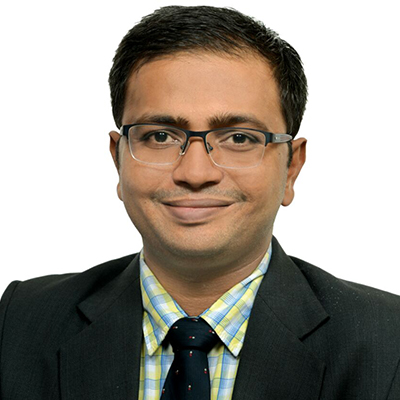- dravinashmedicaloncology@gmail.com
- +91 7898544494
- +91 8433680842
- +91 8976860666

Multiple myeloma is a cancer that forms in a type of white blood cell called a plasma cell. Healthy plasma cells help you fight infections by making antibodies that recognize and attack germs.
In multiple myeloma, cancerous plasma cells accumulate in the bone marrow and crowd out healthy blood cells. Rather than produce helpful antibodies, the cancer cells produce abnormal proteins that can cause complications.
Treatment for multiple myeloma isn’t always necessary right away. If the multiple myeloma is slow growing and isn’t causing signs and symptoms, your doctor may recommend close monitoring instead of immediate treatment. For people with multiple myeloma who require treatment, a number of options are available to help control the disease.
Signs and symptoms of multiple myeloma can vary and, early in the disease, there may be none.
Doctors know that myeloma begins with one abnormal plasma cell in your bone marrow the soft, blood-producing tissue that fills in the center of most of your bones. The abnormal cell multiplies rapidly.
Because cancer cells don’t mature and then die as normal cells do, they accumulate, eventually overwhelming the production of healthy cells. In the bone marrow, myeloma cells crowd out healthy blood cells, leading to fatigue and an inability to fight infections.
The myeloma cells continue trying to produce antibodies, as healthy plasma cells do, but the myeloma cells produce abnormal antibodies that the body can’t use. Instead, the abnormal antibodies build up in the body and cause problems such as damage to the kidneys. Cancer cells can also cause damage to the bones that increases the risk of broken bones.

Dr Avinash D Talele MD DM is a Senior Medical Oncologist and Hematologist. Dr Avinash started his oncology carrier at prestigious Tata Memorial Hospital, Mumbai from 2011. He had the privilege to work with some of the finest oncologist in the country.